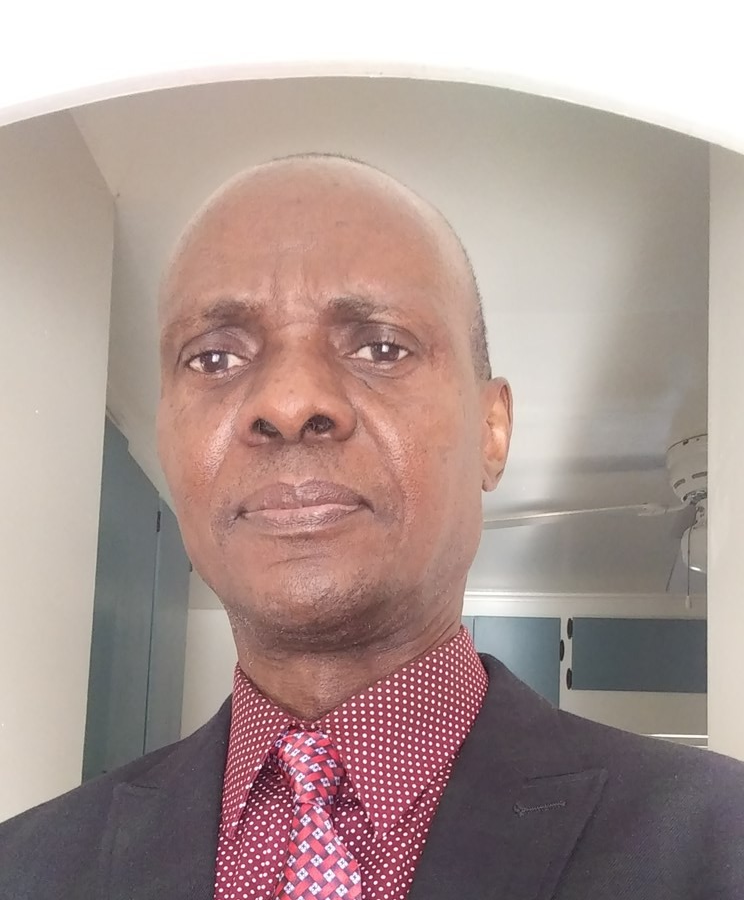Assistant Professor Tacuma Peters is one of only 10 junior faculty from universities across the nation selected for a 12-month Woodrow Wilson Career Enhancement Fellowship.
Funded by the Andrew W. Mellon Foundation and administered by the Woodrow Wilson Foundation, the Woodrow Wilson Career Enhancement Fellowship offers career development opportunities for selected faculty fellows with promising research projects. Fellows are provided six-month or one-year sabbatical stipends.
For Peters, the fellowship began in June 2019 and will end in June 2020. During this time, he is working on his book manuscript Marronage, Confederacy, and Revolution: Eighteenth Century Black and Indigenous Anti-Colonial Thought in the Americas, which shifts the geography of reason by examining how Indigenous and Black communities resisted colonial dominance through practices of flight from slavery, coordinated diplomatic and military action across national lines, and radical politics focused on renewal, return, and the transformation of millions of lives.
As a Black scholar, I strive to highlight the interdisciplinary and community sustaining philosophies that Indigenous and Black communities have produced since time immemorial.
ASSISSTANT PROFESSOR TACUMA PETERS
“I am grateful that the political thought of Indigenous and Black communities has garnered support from the Woodrow Wilson National Fellowship Foundation,” said Peters, who is an Assistant Professor in Political Theory and Constitutional Democracy at James Madison College and in the Department of Philosophy in the College of Arts & Letters. “As a Black scholar, I strive to highlight the interdisciplinary and community sustaining philosophies that Indigenous and Black communities have produced since time immemorial.”
Peters’ research and teaching focuses on the history of political thought and contemporary political philosophy as it relates to chattel slavery, European empire, and decolonization. He received his Ph.D. in Political Science from the University of California, Berkeley.
